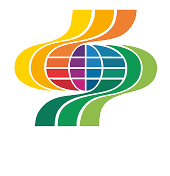ITMA 2023 Key Statistics
1,700 +
Exhibitors
47 Countries
200,000 ㎡
Gross Exhibition
Space
111,000
Visitorship
143 Countries
280 +
Supporting Organisations
and Media
Co-creating the Future of Textiles
Explore the Innovation Focus Areas
Collaboration drives innovation and sustainability. These focus areas highlight opportunities to co-create smarter, resource-efficient, and more resilient solutions for the textile industry.
Advanced Materials
Discover innovative materials that enhance performance, durability, and sustainability, driving an efficient, eco-friendly textile future.
Automation & Digital Future
Harness digital technologies and automation to improve efficiency and enable smarter, more sustainable manufacturing.
Human-centric Manufacturing
Prioritise innovations that improve worker safety, efficiency, and inclusivity, benefiting people, planet and profit.
Sustainability & Circularity
Foster sustainable practices and circular economy models to reduce waste and promote resource reuse, ensuring responsible industry growth.

Explore ITMA 2023 Exhibitor List
Discover ITMA 2023 exhibitors showcasing groundbreaking technologies and solutions that are shaping the future of the textile industry.
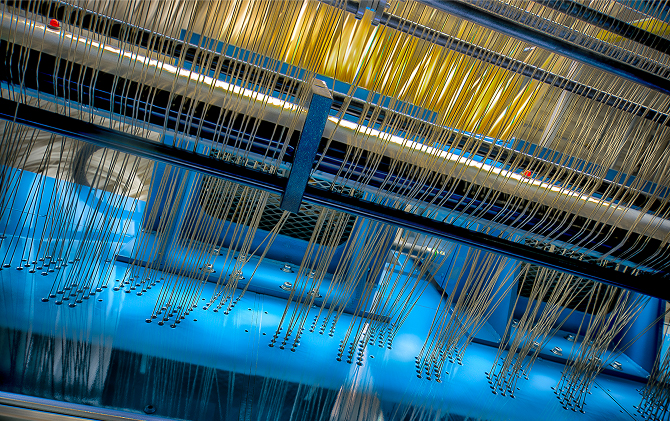
Creating the Future with Breakthrough Innovation
Since 1951, ITMA has brought together technology pioneers and industry leaders to shape the future of textile and garment manufacturing.
Owned by CEMATEX, ITMA is held every four years and continues to drive progress in sustainability, digitalisation and automation.
Hear From Participants
OWNED BY
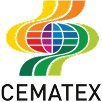
ORGANISED BY
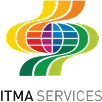
CEMATEX ASSOCIATIONS
- ACIMIT
- AMEC AMTEX
- BTMA
- GTM
- SWISSMEM
- SYMATEX
- TMAS
- UCMTF
- VDMA


